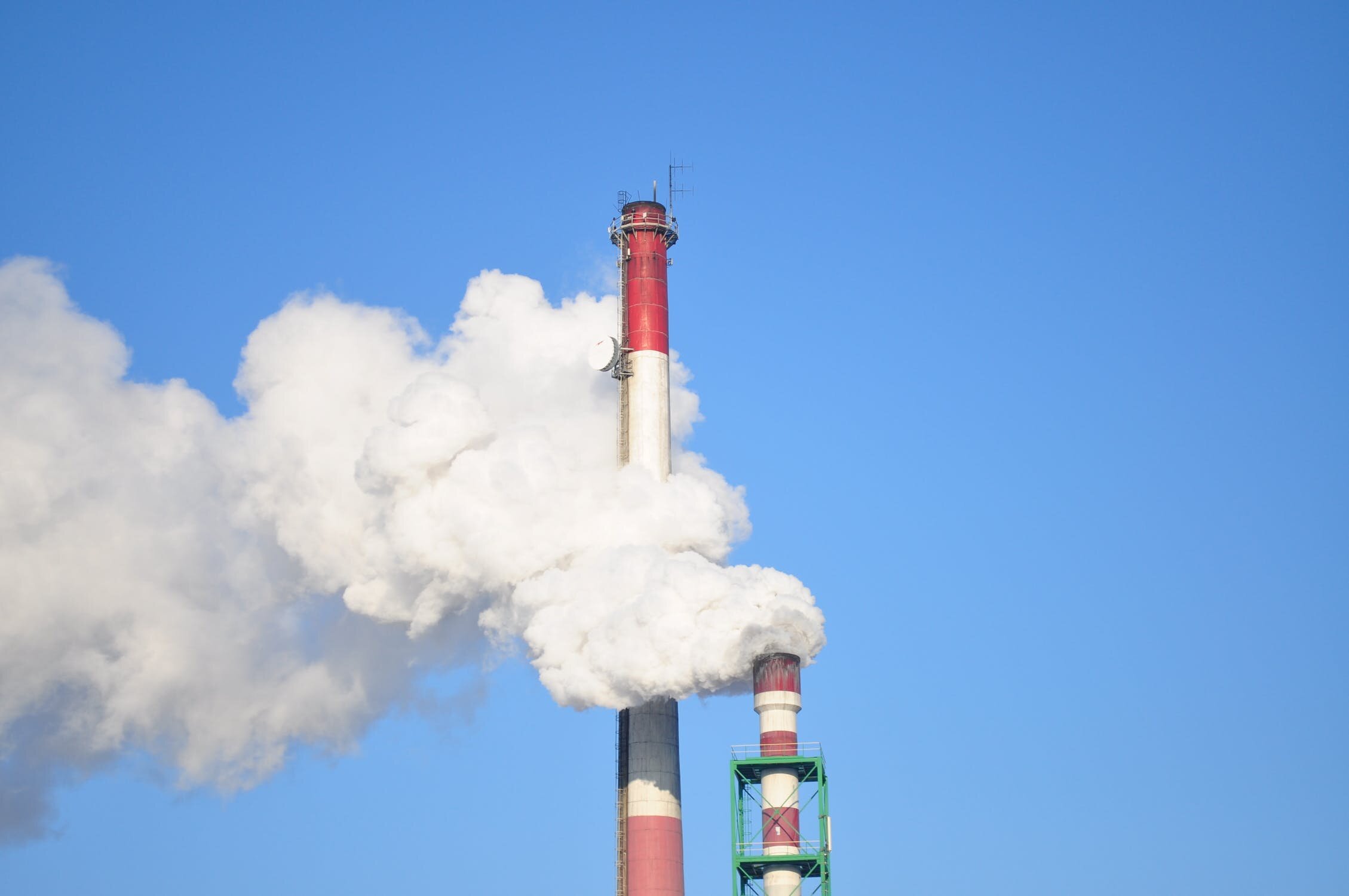Climate Change Definition:
“Climate change is a long-term shift in global or regional climate patterns. Often climate change refers specifically to the rise in global temperatures from the mid 20th century to present.” – National Geographic Encyclopedia
Today, we’ll take a look at the climate change definition and why it’s important for us to understand it better.
At the Office Compost Program, we are dedicated to working towards a cleaner, greener earth, and want to share what we’ve learned with you.
Here, you will learn more about climate change, what exactly it means when people talk about it, and why both individuals and businesses should care. Let’s get started!
The Climate Change Definition
Many organizations have come up with a climate change definition, and although the wording differs, they all point towards the same idea: climate change is a long-term change in the weather patterns in a place (regional changes) and a long-term change in the earth’s climate (global changes).
When looking at the definition of climate change, it’s important to differentiate between “weather” and “climate.”
The National Snow & Ice Data Center provides definitions for both.
Weather and climate are related, but they are not the same thing
Weather – Definition
“Weather is the day-to-day state of the atmosphere, and its short-term variation in minutes to weeks. People generally think of weather as the combination of temperature, humidity, precipitation, cloudiness, visibility, and wind.”
Climate – Definition
“Climate is the weather of a place averaged over a period of time, often 30 years. Climate information includes the statistical weather information that tells us about the normal weather, as well as the range of weather extremes for a location.”
Climate change impacts the average weather that a place typically experiences. For example, some areas may experience more or less rain than they used to due to climate change.
Although climate change and “global warming” are often used interchangeably, climate change and global warming are two different things! According to NASA:
Global Warming – “the increase in Earth’s average surface temperature due to rising levels of greenhouse gases.”
Climate Change – “a long-term change in the Earth’s climate, or of a region on Earth.”
Although the global temperates are rising and the climate is changing, individual areas may actually experience colder weather, more snow than usual, etc.
It’s important to remember that colder weather does not mean that climate change isn’t happening or isn’t serious!
Climate change has major impacts on the entire earth’s climate. According to NASA, over the last 100 years, the earth’s temperature has gone up by 1 degree (Fahrenheit).
Although that might not seem like a lot, even a single degree can have a major impact on weather patterns, ocean levels (due to melting ice), ecosystems, and more. Unfortunately, we are already seeing the impacts of global climate change.
Many cities across Canada have declared a climate crisis, and recently, 11,000 scientists across the world signed a declaration of climate emergency. You can learn more about it in the video below from CBC News.








